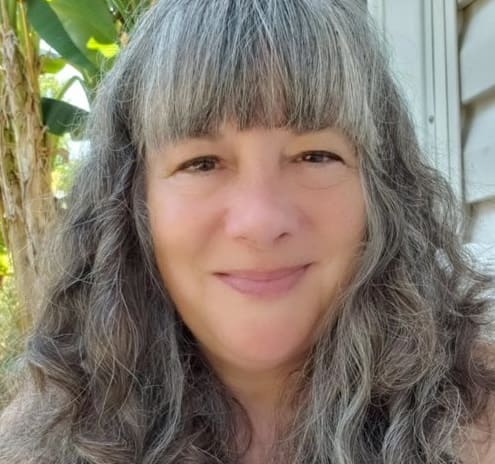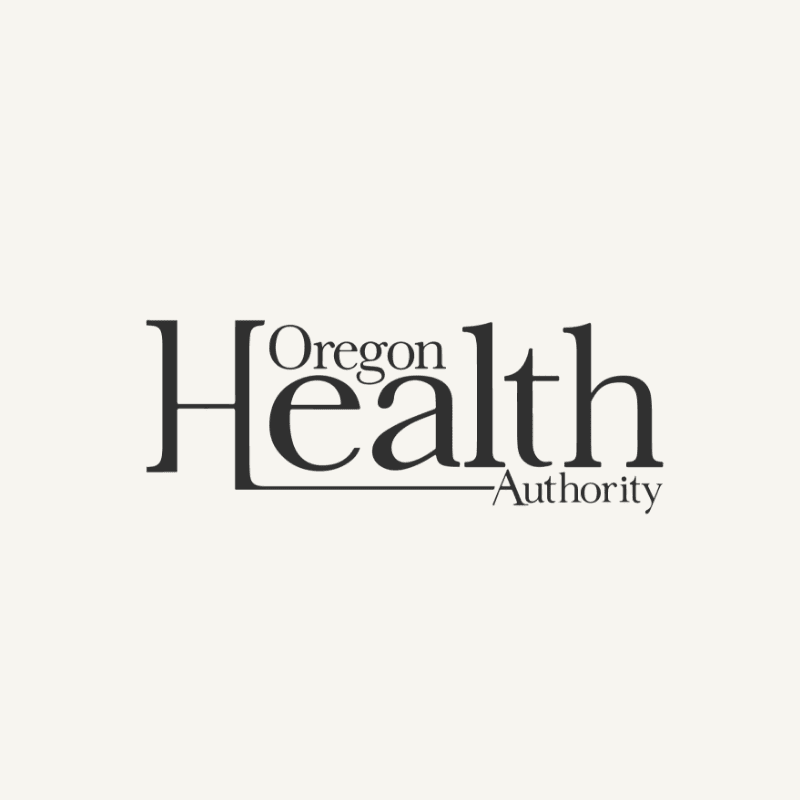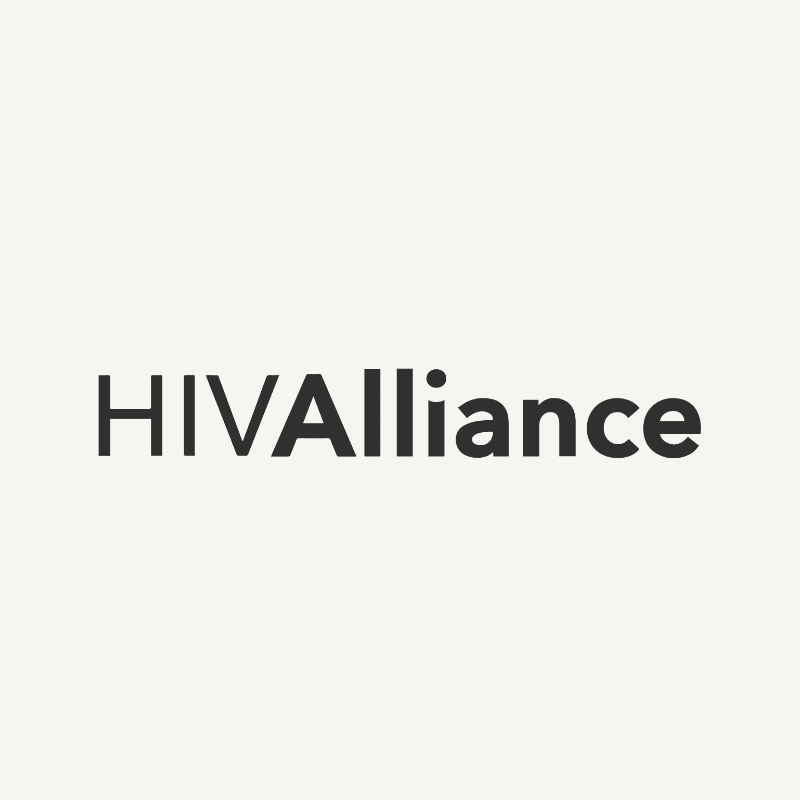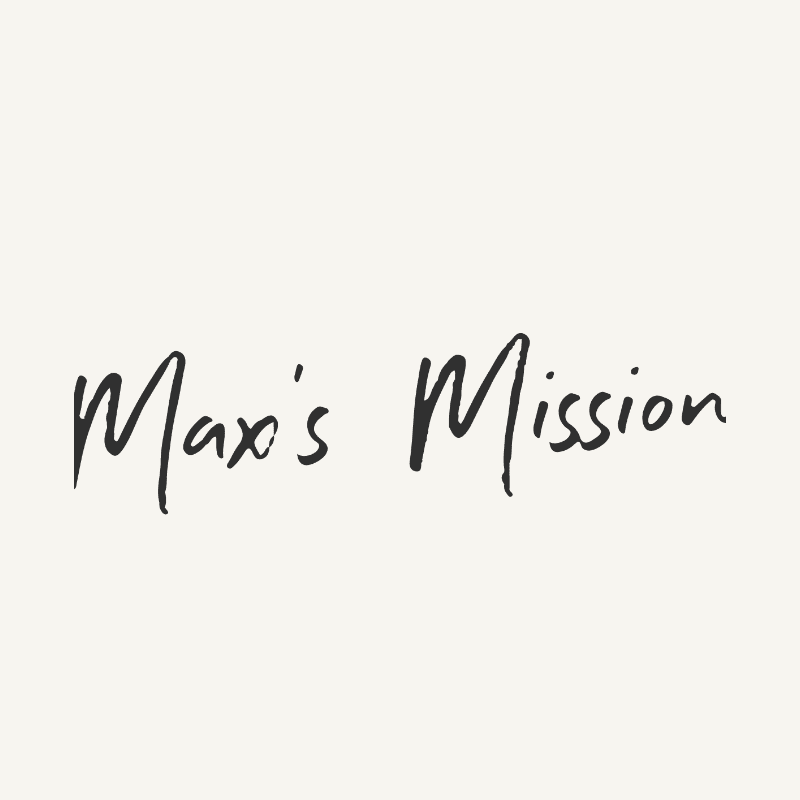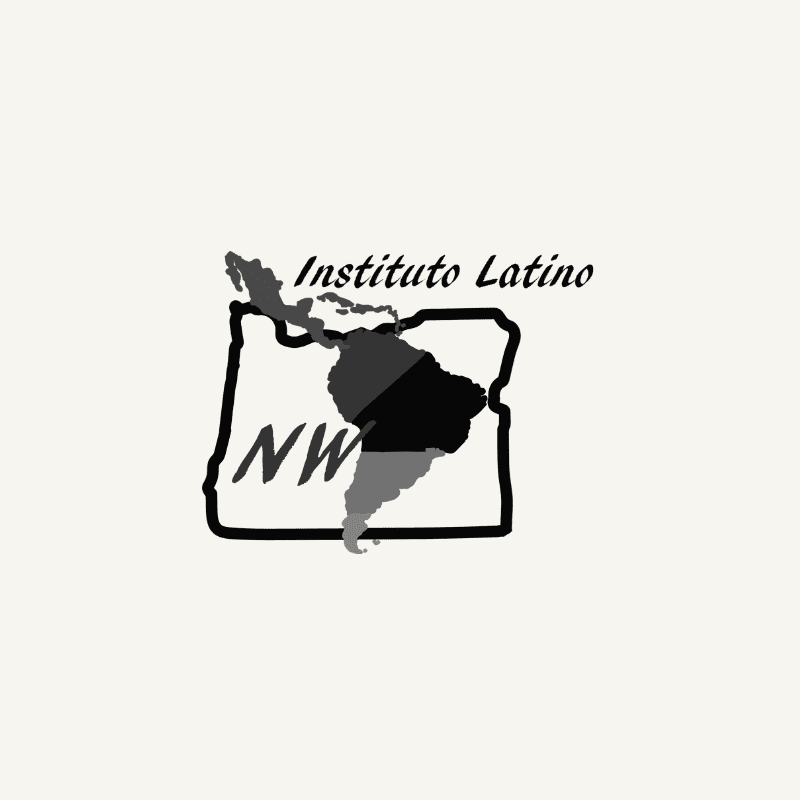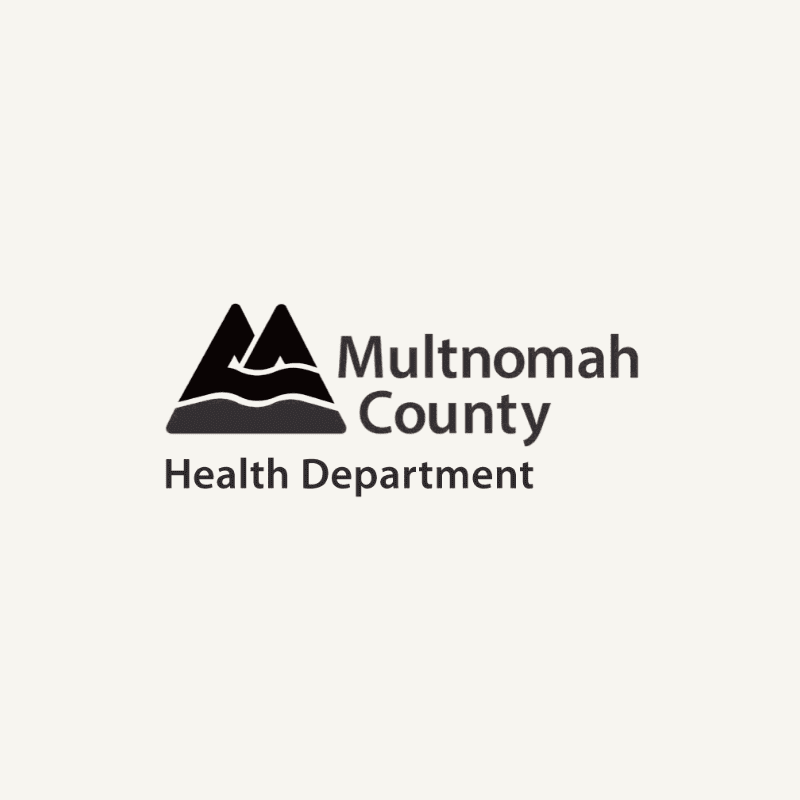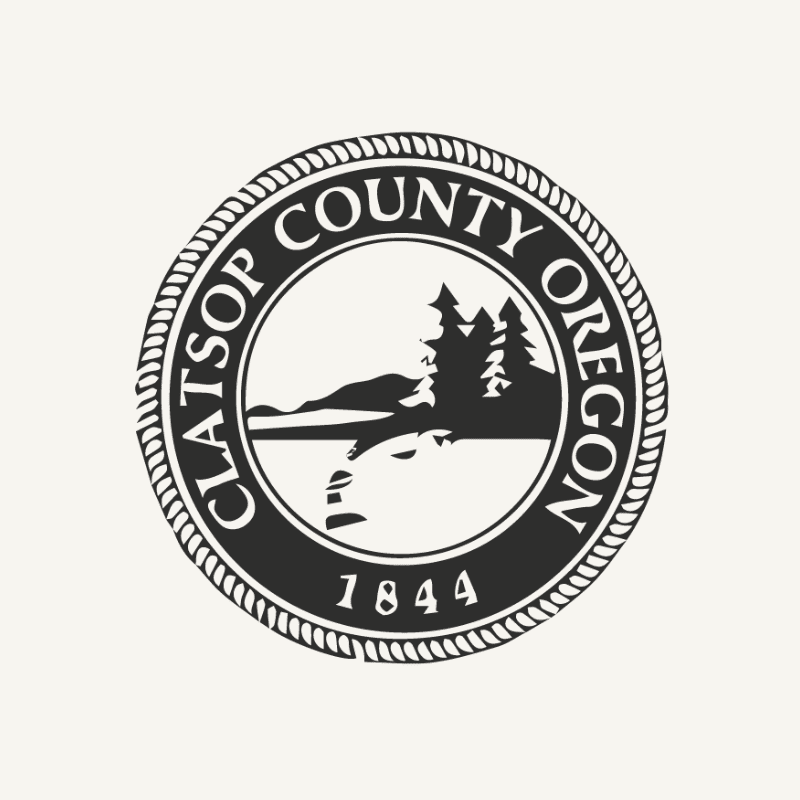In February 2021, a dream that so many people had worked towards finally came to fruition: Northwest Instituto Latino opened their doors to their recovery drop-in center in Southeast Portland. The center provides a breadth of harm reduction and recovery services that are designed by and for Latinos recovering from substance use disorder in Oregon—the first and only such recovery community in the state.
“When it comes to recovery support services we, as Latinos, are critically underserved,” said Fernando Peña, executive director of Northwest Instituto Latino.
In Oregon, there is currently only one residential treatment facility in the entire state that’s culturally and linguistically specific for Latinos, and their 12 beds are reserved for men. For Latina women, there are no culturally and linguistically specific residential treatment facilities in Oregon. It was a similar story with outpatient services. Northwest Instituto Latino’s recovery center is working to fill that gap.
“Our lens has been on creating services that will be inviting, connective and resonant with Latinos culturally,” said Peña.
“We can’t just take programs and services designed for the dominant culture, translate it to Spanish and expect it to work. We have to engage our communities and design it with their specific needs in mind. For example, a significant portion of our clients are undocumented, mono-lingual Spanish-speakers, so our programs and services need to speak to that specific experience.”
The center’s approach is rooted in serving and building connections with the community. One example of that approach is the board of advisors, a demographically intersectional group of Latinos who are in recovery, who review progress on the organization’s strategic plan and provide feedback on next steps. The organization also asks current or former clients to lead on planning culturally-specific, meaningful events.
“There is no singular Latino culture. So we need community input, collaboration, and leadership so that everything we do reflects the true needs of the people we serve. For example, we started an LGBTQ+ support group in Spanish for Latinos—it’s one of our most well-attended groups because there was no other one out there meeting that need.”
Services at the recovery drop in center are designed to meet clients where they are—whether that’s seeking safer use supplies, getting access to food and clothing, or joining a peer recovery support group.
“We believe that there is no wrong door into recovery. Our harm reduction approach starts with meeting basic needs and building meaningful relationships. At our center our first question to someone walking through our doors is, ‘have you eaten anything?’ Offering culturally-specific food encourages people to feel safe, comfortable, and in community. Save Lives Oregon has allowed us to expand the definition of harm reduction services beyond just safer use supplies because clean socks, hygiene products and food are also part of harm reduction. When we start there, people are more likely to come back, stay engaged, and they may get curious about paths to recovery. We’re there for that when they’re ready.”
The recovery center isn’t waiting for people to arrive at the center to connect folks to services. The center has a robust outreach program that is building connections with people experiencing homelessness and living in encampments.
Northwest Instituto Latino’s harm reduction programs are part of the Save Lives Oregon Initiative. The Save Lives Oregon Harm Reduction Clearinghouse provides supplies like naloxone and wound care kits at no cost to organizations that qualify and give out supplies directly to people who use drugs. The Save Lives Oregon initiative also provides training, guidance, and additional resources.
“Save Lives Oregon funding has allowed us to bring in more culturally and linguistically specific staff, expand our offering of harm reduction supplies, and allow us to do more culturally specific outreach. But most critically, Save Lives Oregon is helping those of us on the ground make meaningful, material change for people, particularly the communities who have been underserved for too long.”
As Northwest Instituto Latino has continued to build trust in communities and word of mouth has spread, their services have been in high demand. They average about 300 people coming in for services per week and over 20,000 people served in just two and half years. The organization is working towards opening another center in Washington County.
“Our recovery center has been a dream of ours in the Latino recovery leadership field. Over the years of pursuing it, we heard that there was no funding for this kind of culturally specific programming or that it wouldn’t work. So we’re immensely proud of all we’ve accomplished since opening our doors. But our initial success, while beautiful, is also a sign of a systemic failure. We’re successful because we’re filling the need that has always been there. Latinos represent at least 15% or more of the state—the second largest demographic—we need more support for Latino leaders across the state to build programs that meet the specific needs of their communities. We need more organizations, particularly those that are predominantly white, to step up, be part of the solution and elevate the needs of Black, Indigenous, Latino and all people of color. Because either we all matter or no one matters—it is an injustice to exclude anyone in Oregon who needs care and support.”


